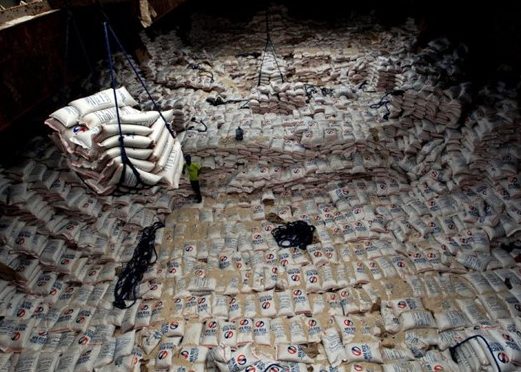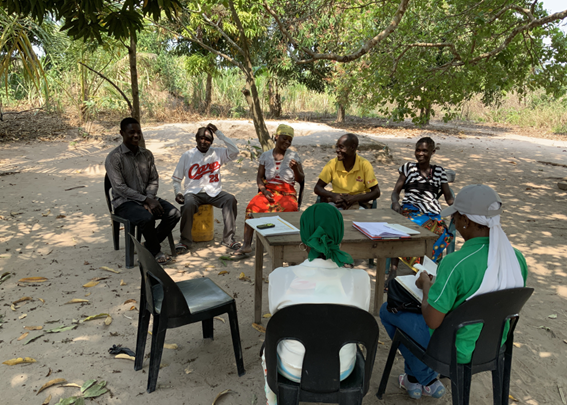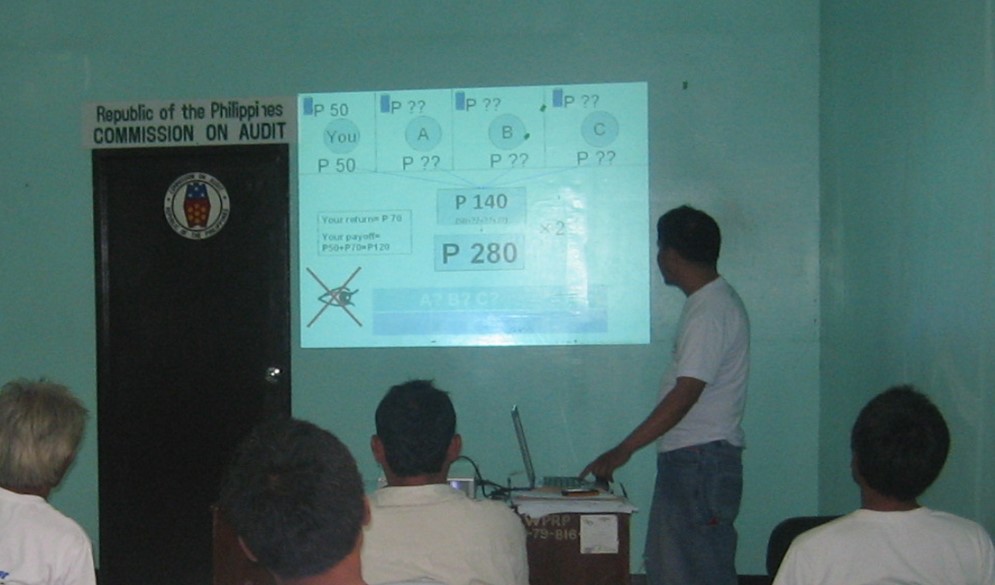International Agricultural Economics
Regional Environmental Economics
Home Page
Keywords
Sustainable Agricultural Development, Optimal management of local common resources, Roles and limitations of rural communities, Long-term evaluation of the Green Revolution, Japan, China, Asia, Sub-Saharan Africa, Agricultural Trade, International Comparison of Trade Protection Policies
Themes
Sustainable use of local common pool resources
The Green Revolution in Asia and Sub-Saharan Africa
Comparative Study of Agricultural Trade and Agricultural Protection Policies
The Green Revolution in Asia and Sub-Saharan Africa
Comparative Study of Agricultural Trade and Agricultural Protection Policies
Staff
Outline
Our laboratory conducts research and education on issues related to food, agriculture, and the environment in modern society, with a particular focus on theoretical and empirical challenges for the sustainable development of agriculture in rural areas. Agriculture, which closely interacts with the natural environment, is inherently location-specific and possesses unique histories and traditions. Simultaneously, in today’s globalizing economy, agricultural issues are significantly influenced by international regulations and market competition. From this perspective, our laboratory focuses on the three research themes mentioned above. Additionally, we emphasize data-oriented empirical approaches, including fieldwork, household interviews, the utilization of large-scale official data, econometrics, and game experiments.
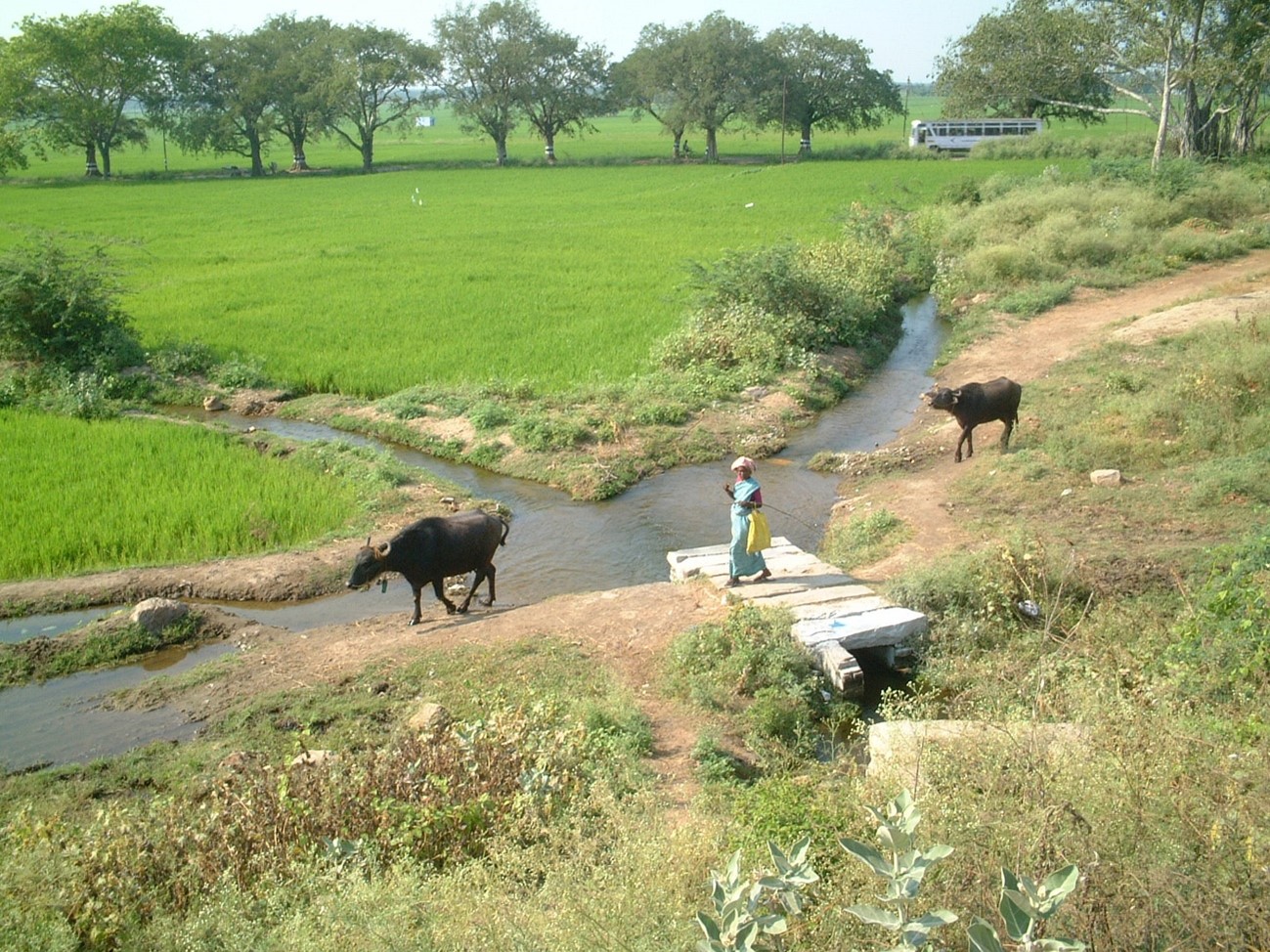
Tank irrigation, Tamil Nadu, India
A sufficient amount of water is supplied from the properly managed tank to the paddy fields in accordance with established rules.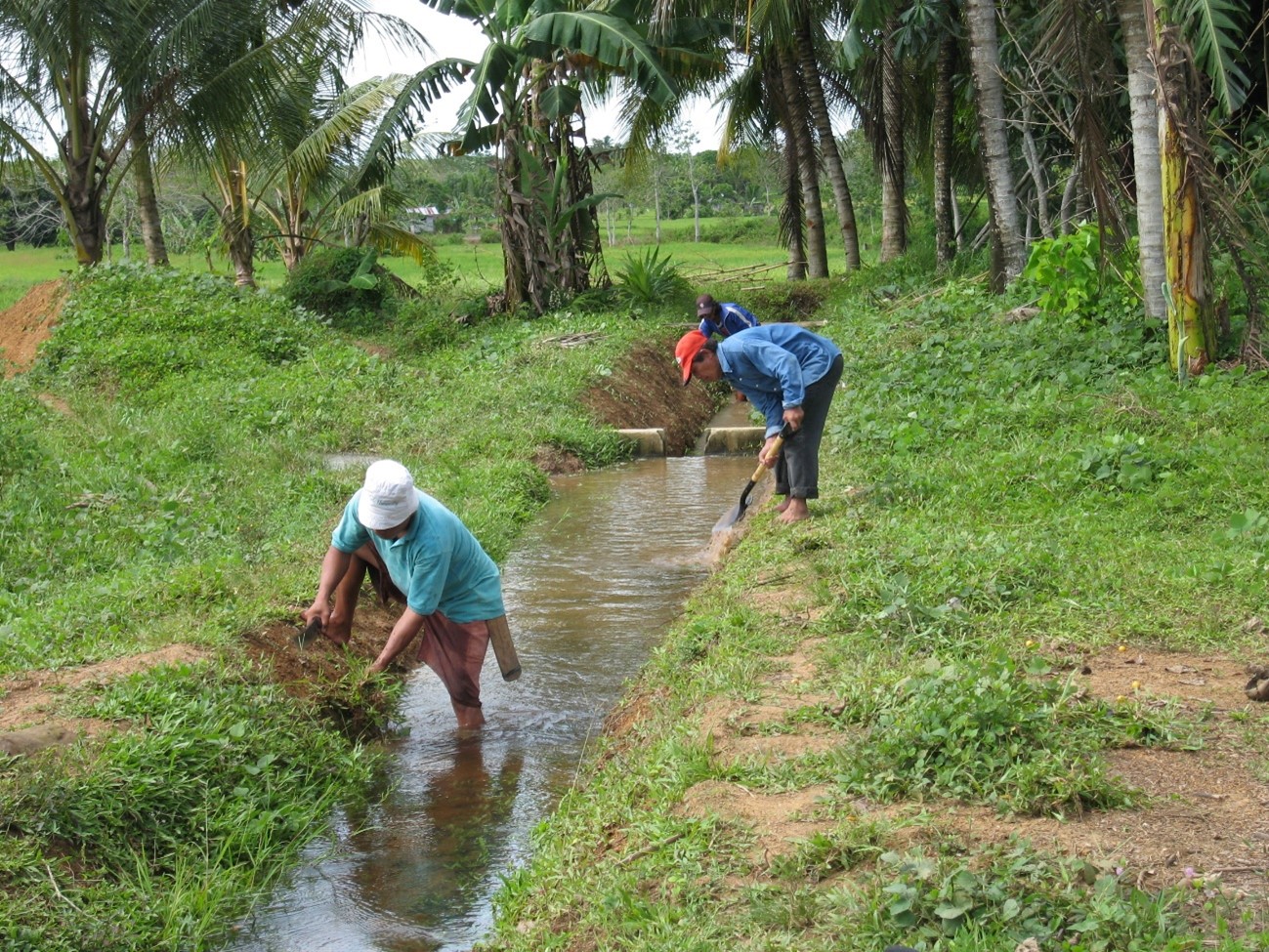
Collective canal cleaning, the Philippines
Collective actions are essential for maintaining common pool resources. It is said that social norms are formed through such collaborative work.
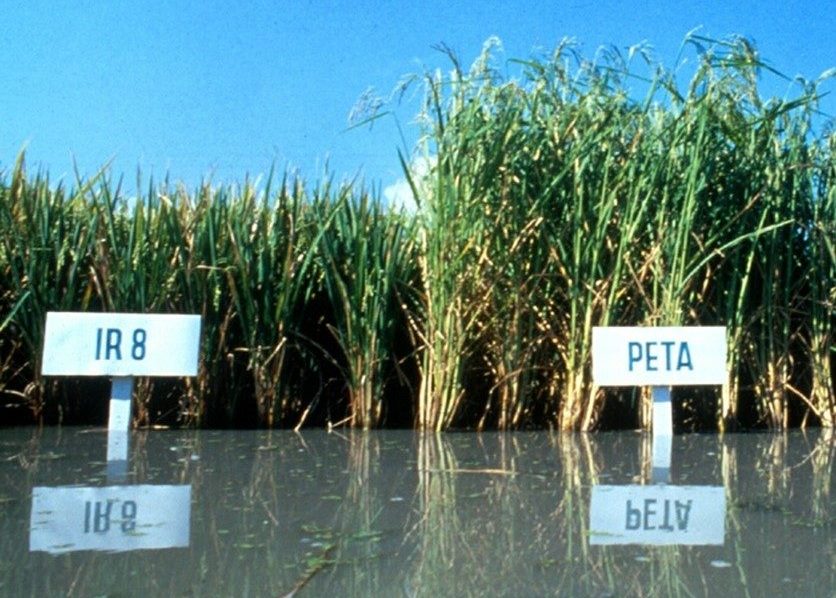
IR8, the “miracle rice” that led the Green Revolution, and Indonesia’s traditional variety Peta
IR8 is characterized as semi-dwarf, non-photosensitive, highly responsive to fertilizers, and having pointed leaves, making high yields and double cropping possible.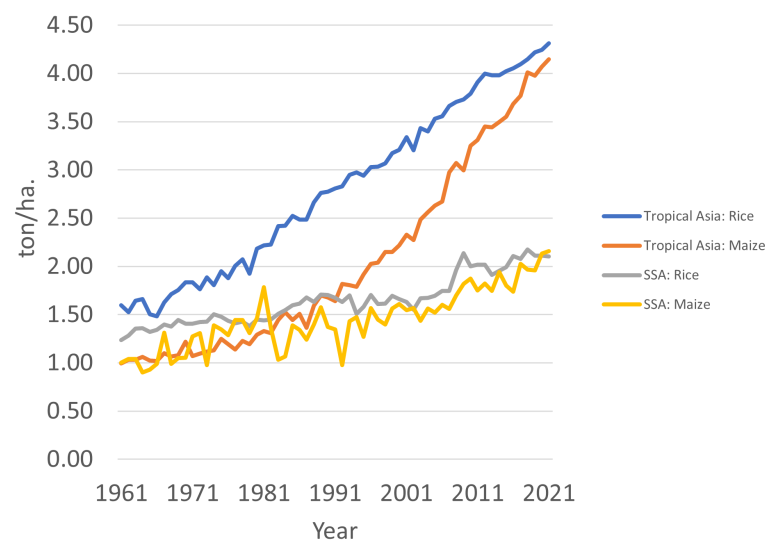
Yield (ton/ha.) of rice and maize in Tropical Asia and Sub-Saharan Africa (SSA) 1961-2021
Yields in the 60’s were about the same in both regions, but now there is a huge gap.
Other Laboratories
- Management & Information of Agricultural Enterprise :
Agri-Food System Management | Farm Managerial Information and Accounting - International Agricultural Economics :
Regional Environmental Economics | Food and Environmental Policy | Forest Policy and Economics | International Rural Development - Comparative Agricultural History & Philosophy of Agricultural Science :
Comparative Agricultural History | Philosophy of Agricultural Science

